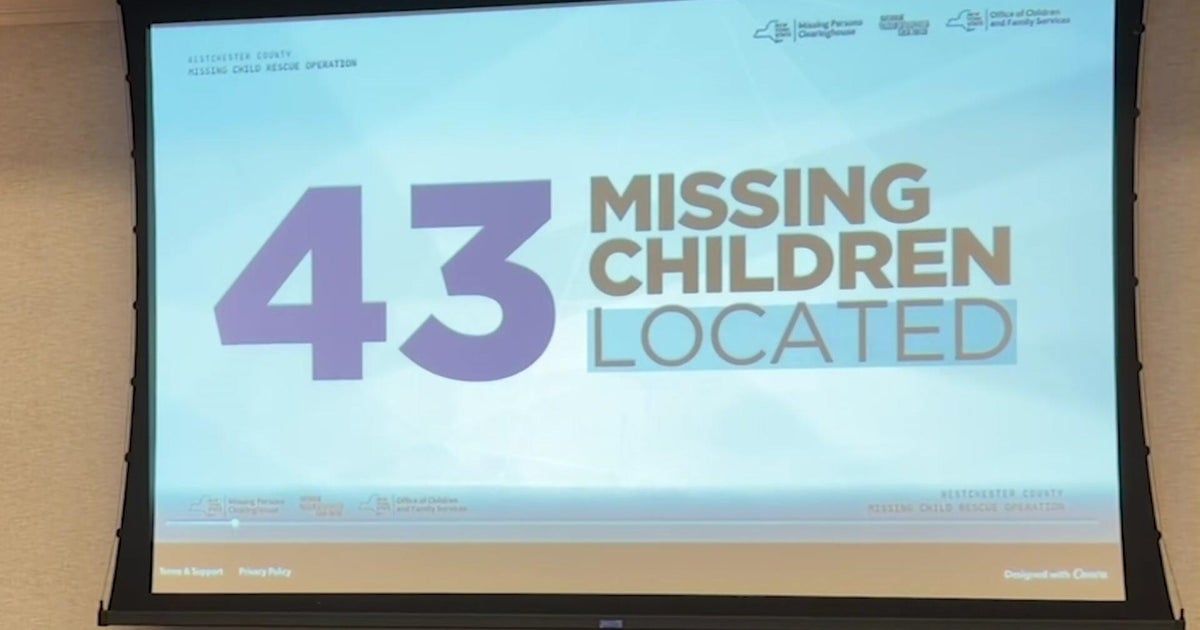"OK, boomer": How a viral catchphrase is reshaping generational relationships
The catchphrase "OK, boomer" has exploded from a social media meme into a generational rallying cry. It started on the popular app TikTok as a clap-back at adults who seem dismissive of young people's concerns and are resistant to change, whether it's with the environment, technology or politics.
"Baby boomers have been the establishment and they're putting in policies that sort of support keeping them in the establishment even today," Taylor Lorenz, author of a recent New York Times story on the topic, said Friday in an interview with CBSN.
"I think 'boomer' is just sort of a shorthand for establishment," she added. Lorenz said that's why you see younger people — millennials (ages 25-39) and Gen Z (24 and under) — "rallying against them."
Lorenz's article calls the phenomenon "a rallying cry for millions of fed up kids." She notes it has also turned into a marketing opportunity, with hundreds of "OK, boomer" products now for sale online featuring the phrase on phone cases, stickers, shirts, bedsheets and more.
But while Gen Z started the movement, Lorenz says the generational tensions didn't just begin with them.
"The initial shots were fired by the boomers, who for years have criticized millennials as being lazy, entitled," she told CBSN. But young people trying to find economic security while struggling to pay off their student loans in a planet that's warming at an alarming rate do not want to be lectured by those who shaped the policies that got them into this situation.
Lorenz said young people are upset and want to push for change — "just like the boomers did" when they marched against their elders to end the Vietnam War.
"OK, boomer" has even made it to New Zealand, where a 25-year-old lawmaker used the line to cut off an older member of Parliament who interrupted while she was giving a speech supporting a climate crisis bill.
Critics have called the remark "ageist," and Bob Lonsberry, a 60-year-old radio host in upstate New York, even claimed "'Boomer' is the n-word of ageism," in tweet he has since deleted.
Lorenz pushed back on boomers for getting upset about it. "They're always calling millennials 'snowflakes' and they can't take one dismissive phrase without having a meltdown," she joked.
During the interview, co-host Vladimir Duthiers questioned whether using social media as a platform to be vocal about policies and social concerns reflects the same level of engagement baby boomers had when they took to the streets to protest in the 1960s.
Lorenz replied that "social media is extremely powerful," and that having these conversations online sets the media agenda and the narrative. As an example, she pointed to the #MeToo movement, which went viral online and ended up taking down some powerful figures.



